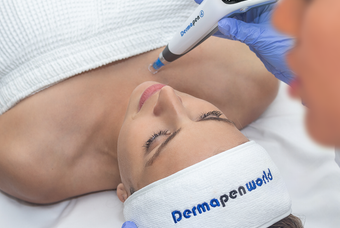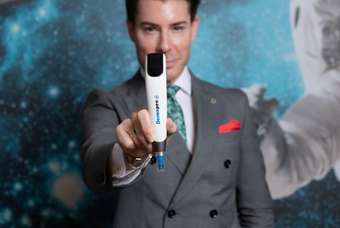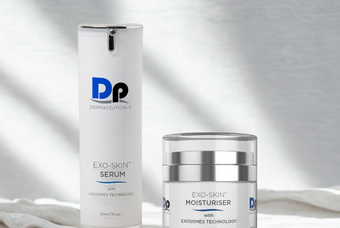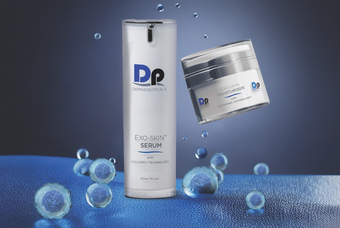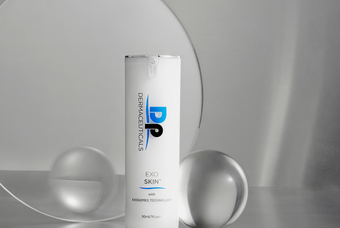Dealing with persistent redness that resembles sunburn or a blush that won’t go away? Irritated skin can be disruptive, causing you to feel self-conscious. How can you tell if the redness signifies rosacea? There are some signs that can alert you to the possibility. With a nod to Rosacea Awareness Month, let’s look into some revealing elements of this skin condition.
This chronic concern is normally centralized in the middle of the face, at the nose, forehead, chin and across the cheeks. You can be any age or race to be diagnosed with rosacea, but this condition often manifests in a person’s early 30s, and affects patients who have a fair complexion and are prone to blushing. Rosacea can happen to multiple people in a family. If left untreated, rosacea normally intensifies and skin becomes ruddier with visible capillaries and blood vessels. The skin on the nose can thicken and the eyes can become irritated and scratchy. Due to occasional formation of pimples and bumps, rosacea can be mistaken for acne.
Some of the less pronounced signs include sensitivity of the skin, which will feel tight and may even sting. Swelling is also common, as are plaques, or raised red patches. Dryness and roughness can also accompany rosacea, as can excessive oiliness.
The cause of rosacea? One theory is a microscopic mite known as Demodex folliculorum that is common to human skin but found in a much higher concentration in the skin of a person who has rosacea. There are also links to rosacea and systemic inflammation. Although there is no cure for rosacea, there are ways to manage symptoms including oral and topical medications, lasers and pulsed light, and lifestyle changes that can minimize flare ups. Each person is different, so knowing the triggers for flushing is important. For one person, spicy food can cause a rosacea flare up and for another it could be a hot shower.
The National Rosacea Society reported that nearly 90 percent of patients felt the condition lowered their self-esteem, while 41 percent said it led them to avoid public contact. Choosing the right skin care can help soothe skin and reduce the signs of redness, restoring confidence.

Cover Recover is a healing cream that can be used as a lightweight, buildable cover to transform irritated skin to flawlessly smooth. The best healing cream for skin, Cover Recover is available in 9 shades so redness will be history. Another important element is the SPF of 30, an essential factor for anyone with rosacea, as UVA and UVB protection is needed year round to protect sensitive skin. A mineral sunscreen is recommended and Cover Recover contains titanium dioxide as well as zinc oxide, both mineral based sun-protectants, making this the best healing cream for skin.

Another potent ally in rosacea skincare is Antioxidant Cocktail to calm and soothe inflamed skin. It has the power to protect and repair skin from environmental factors as well as rejuvenate using an effective combination of antioxidants. Pollution, stress and prolonged sun exposure are no match for this anti-aging environmental shield. Vitamin C helps to give Antioxidant Cocktail the intense boost of intensive environmental protection that compromised skin craves.
Rosacea doesn’t have to change the way you see the world and the way the world sees you. Take control of your skincare to look and feel your best.


